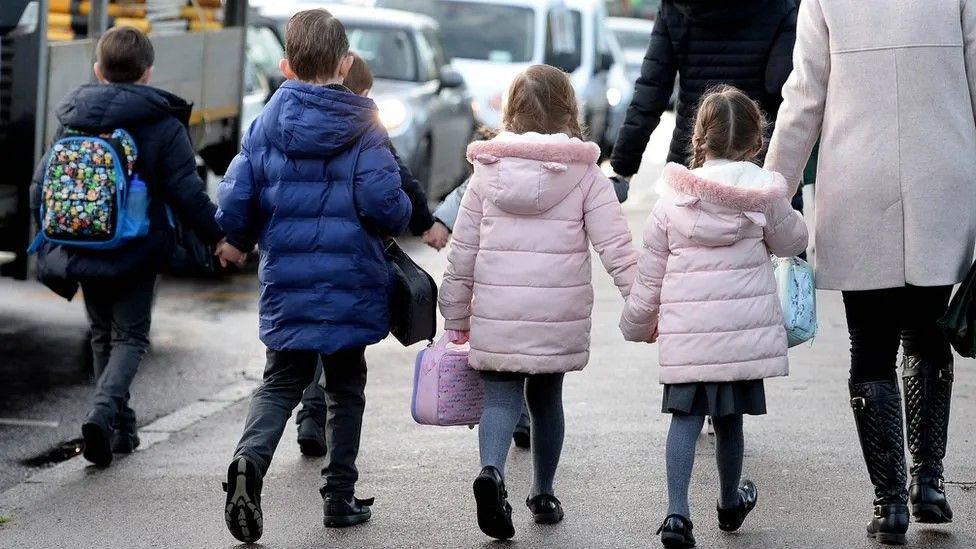Ministers failing to act to reduce poverty - report
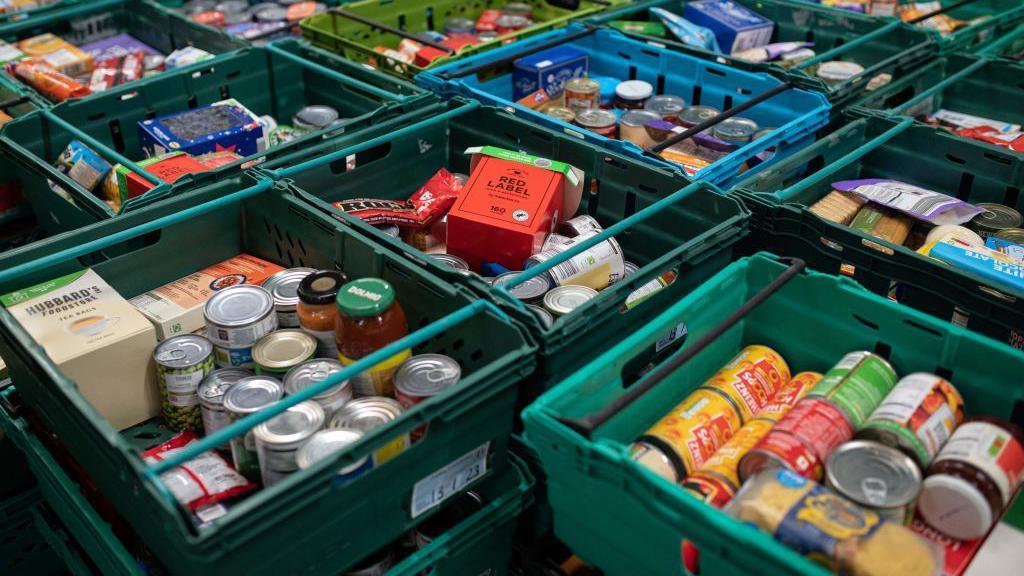
- Published
The UK and Scottish governments are failing to use their powers to reduce poverty, according to a report from a leading charity.
The Joseph Rowntree Foundation (JRF) said a lack of government action is keeping more than one million people in Scotland in poverty, including about 240,000 children.
It said the Scottish Parliament will "almost certainly miss" its interim child poverty reduction targets.
The new report, external found the proportion living in "very deep poverty" - measured as those earning below 40% of the median income - has surged to 40% of all families in Scotland.
This is up from 26% in the mid-1990s.
The UK government said it had set up a taskforce to tackle child poverty with reforms on the way and the Scottish government said it was doing everything within its power and budget to address the problem.
'Lack of political courage'
The JRF said families were being "locked into poverty" by a "failing" social security system.
It urged the new UK government, which it says retains most of the spending and social security powers in Scotland, to reverse the "policy failings" of the previous administration.
Chris Birt, associate director of the JRF in Scotland, said that people had "tougher lives than our wealthy nation should tolerate" and they deserved better than "platitudes about waiting for growth or tough decisions".
He said: "Our report shows that a new consensus is needed to tackle stubborn rates of hardship.
"The law describes social security as an 'investment in the people of Scotland', but people struggling to get by are being short-changed by a lack of political courage. Poverty comes down when social security is enhanced.
"The new UK government provides a key opportunity for politicians in both of Scotland's governments to seize their powers, and responsibilities, to deliver compassionate support for people in Scotland."
SNP policies will not 'move dial' on child poverty - charity
- Published5 September 2024
Scotland's struggle to tackle poverty while cutting services
- Published4 September 2024
The JRF report found that the basic rate of Universal Credit had fallen in real terms and was well below the poverty line.
The researchers said that meant the standard living allowance for a non-working person was 64% below the poverty line, and 75% below it for under-25s.
It said the "work first approach" adopted by the last UK government had failed to reduce poverty.
The researchers found 95% of single parents relied on benefits as part of their income, as well as 83% of those with three or more children and 62% of families where someone has a disability.
Reducing poverty
The JRF said the two-child benefit cap contributed to a high rate of poverty among families with three or more children.
The report also found that despite 54% of families from a minority ethnic background experiencing poverty, only 38% receive social security.
Children and working-age adults in households where someone has a disability are more than three times more likely to be in poverty and go without essentials such as a warm home or winter coat, the report found.
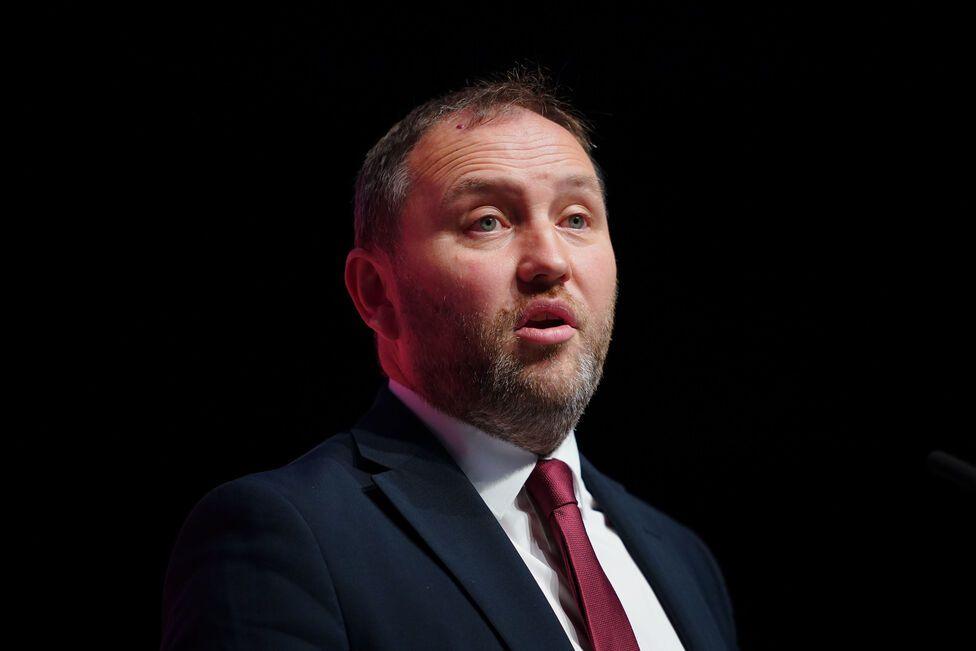
Scottish Secretary Ian Murray said the UK government had set up a taskforce to address child poverty
Scottish Secretary Ian Murray said: "Too many children in Scotland and across the UK are growing up in poverty. This is unacceptable, and that's why the UK government has set up the Child Poverty Taskforce.
"Our ambitious strategy will use all available levers to address the problems we face through work, housing, education, heath, childcare and the social security system.
"As part of this, we're resetting our relationship with the Scottish government and engaging with them on our shared goal: to ensure that every child in Scotland has the opportunity they deserve without poverty damaging their future prospects."
He said taking action on poverty was central to the UK government's mission to drive economic growth, which includes plans to reform Jobcentres, end zero-hours contracts and ensure people are paid a living wage.
Social Justice Secretary Shirley-Anne Somerville said: "Ending child poverty is a national mission, and we are continuing to do everything in the scope of our powers and limited budget to tackle and reduce poverty.
"We have allocated £3bn a year since 2022-23 to polices which tackle poverty and the ongoing cost of living crisis.
"This includes providing free bus travel for around two million people, free school meals for all children in primaries 1-5, and social security benefits and payments which are only available in Scotland."
She said the Scottish government was ready to work with the UK government but "this must be matched with action in the budget this month".
Ms Somerville added: "That includes immediately abolishing the two-child limit, delivering progress toward an Essentials Guarantee and following this government's lead by matching the Scottish Child Payment."
- Published4 September 2024
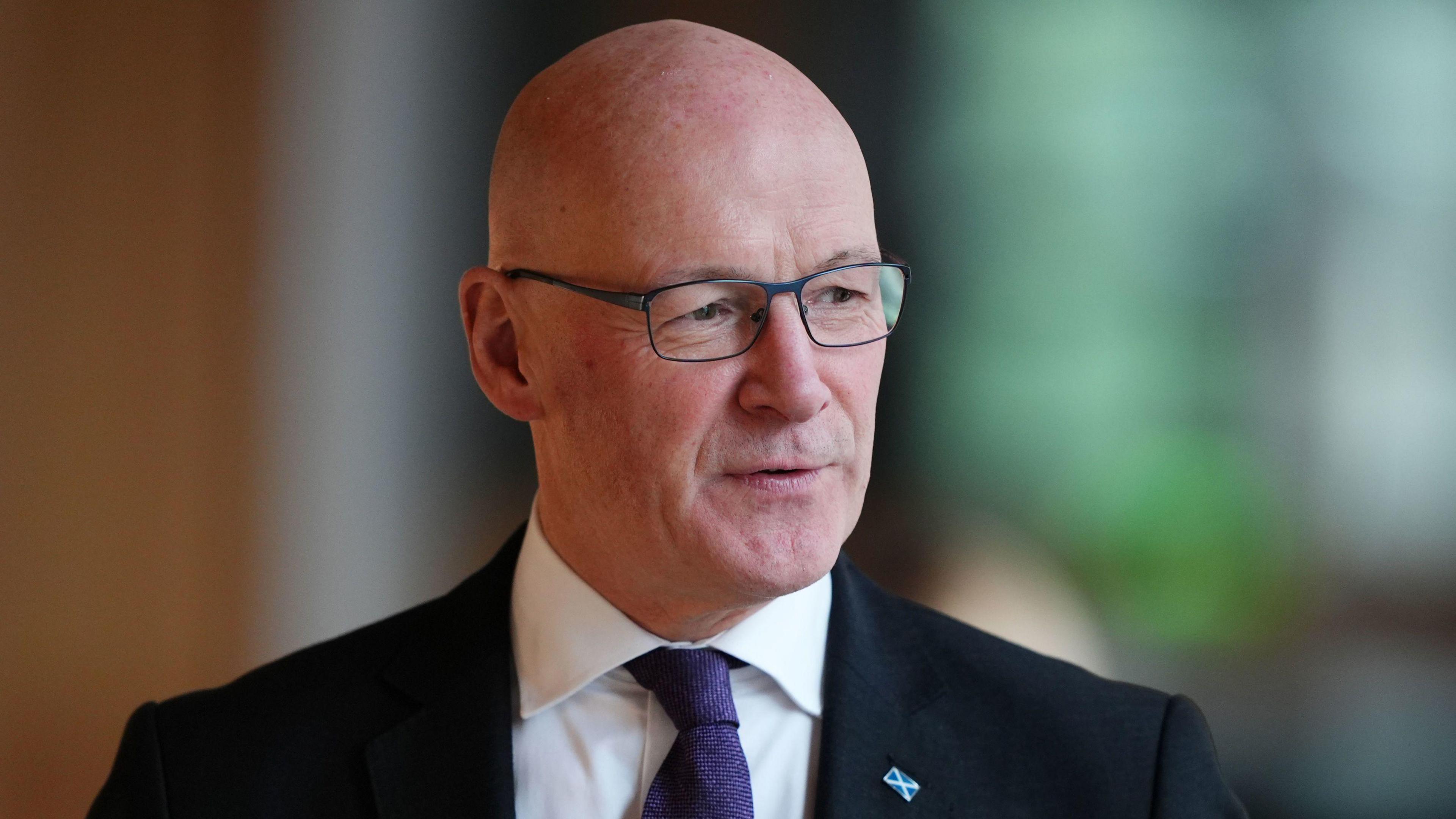
- Published13 June 2023
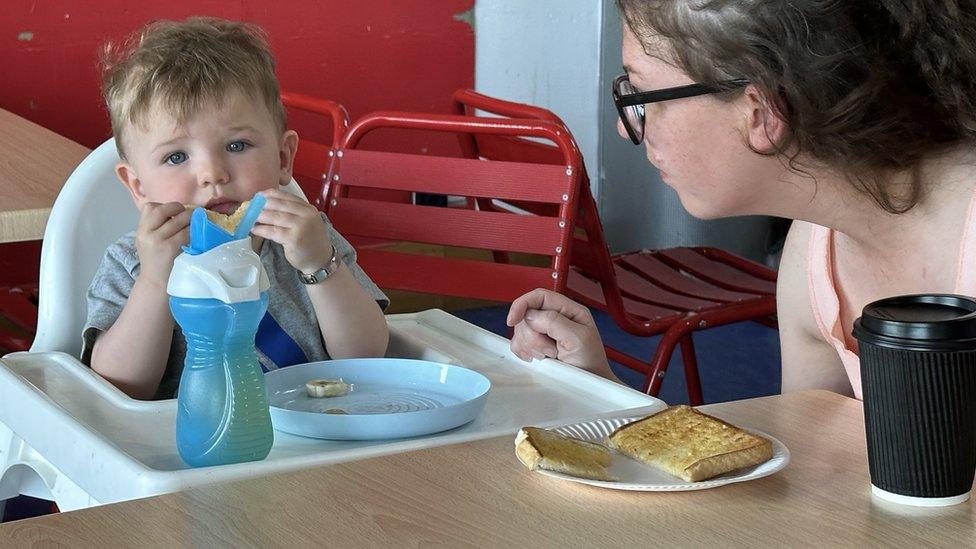
- Published21 March 2024
